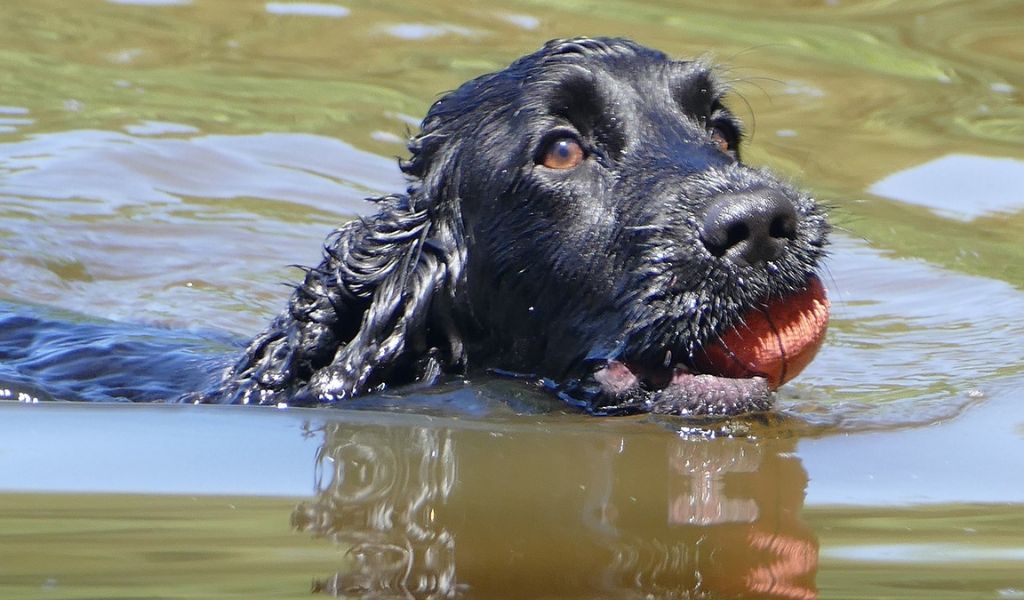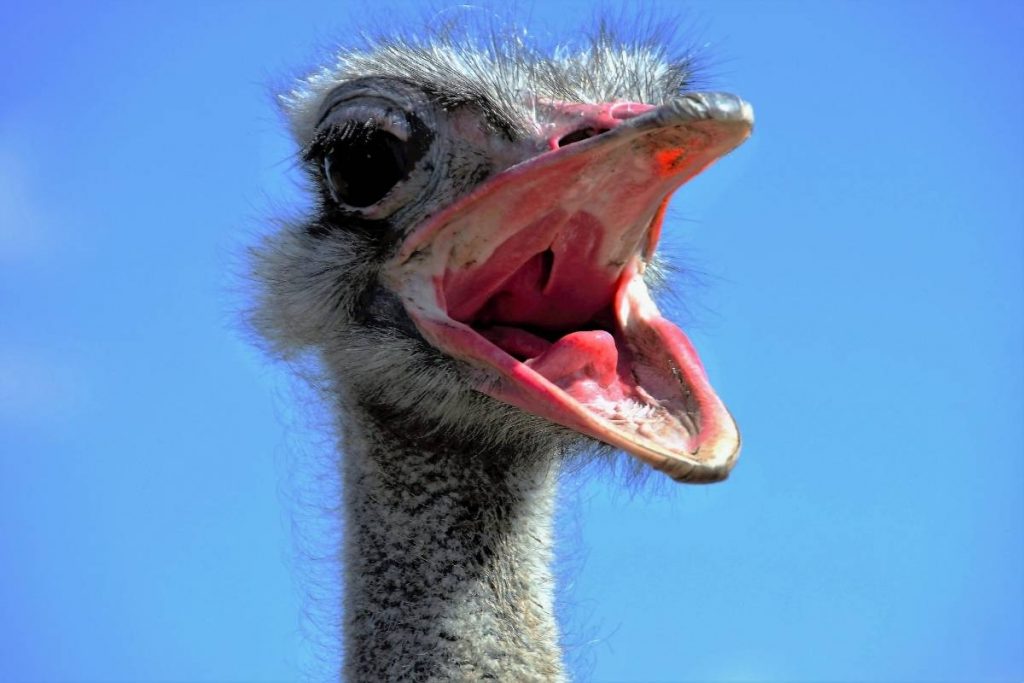Cocker spaniels are not created equal and it is important to know the differences between them.
Some Cocker spaniels are highly strung, some are calm, and some can be hyperactive or have a lot of energy.
Knowing these distinctions will help you understand your Cocker better as well as how to best care for him/her
Cocker spaniels are renowned for being active dogs with lots of energy and, for the new Cocker owner or inexperienced, they can seem to be hyperactive. However, with some thought and effort you can channel your Cocker’s energy levels easily.
Why do Cocker spaniels seem hyperactive?
Cocker spaniels, like many dog breeds, can exhibit hyperactive behaviour for a variety of reasons.
Here are some common factors contributing to their high energy levels:
- Breed Characteristics: Cocker spaniels were originally bred for hunting, specifically to flush game out of dense brush. This heritage means they have a natural predisposition towards high energy and stamina.
- Exercise Needs: They require regular and rigorous exercise. Lack of sufficient physical activity can lead to pent-up energy, which may manifest as hyperactivity.
- Mental Stimulation: These intelligent dogs need mental engagement as well as physical exercise. Without adequate mental stimulation, such as training, puzzles, and play, they can become bored and restless, leading to hyperactive behaviour.
- Age and Temperament: Younger Cocker spaniels are usually more energetic and can seem hyperactive. Individual temperament also plays a role; some dogs are naturally more energetic than others.
- Health Issues: Sometimes, what appears to be hyperactivity can be a sign of an underlying health issue. For example, conditions like hyperthyroidism can cause increased energy levels. It’s important to rule out any medical causes with a veterinarian.
- Diet: Their diet can also influence their energy levels. A diet high in carbohydrates and sugars might contribute to higher energy levels, while a balanced diet can help regulate them.
- Environment and Routine: A consistent routine and a calm environment can help reduce hyperactive behaviour. Changes in the environment or routine, or a chaotic household, can increase anxiety and energy levels in these dogs.
Understanding and addressing these factors can help manage and reduce hyperactive behaviour in Cocker spaniels.
Regular exercise, mental stimulation, proper diet, and a stable environment are key to keeping them happy and healthy.
If the behaviour seems unusual or excessive, it’s always best to consult with a veterinarian or a canine behaviourist for guidance.
Breeding can have an effect on a Cocker’s activity levels
One way to find out what kind of personality your Cocker has is by knowing their lineage.
Is your Cocker bred from working dogs or from show types?
A Cocker’s personality can vary depending on their bloodline and breeding history.
Working Cocker spaniels tend to be more instinctive dogs with a stronger desire to hunt and get involved with high energy activities.
Show Cockers are more likely to be calm, relaxed dogs who prefer to lounge around.
Do Cocker spaniels ever calm down?
It’s possible for some Cocker spaniels to calm down with age.
Some older Cockers may behave more like the show type and be calmer in their old age while other Cockers might still have a lot of energy even when they’re no longer puppies.
It’s important to remember that they are active dogs that require exercise and stimulation which will help them to use energy and calm down.

How do you calm a hyperactive Cocker spaniel?
Using behavioural enrichment techniques such as giving them new toys, puzzles to solve or training games can stimulate their mind which will help calm down a hyperactive Cocker.
As intelligent dogs they’ll benefit from mental stimulation and any hyperactivity will usually dissipate over time.
It can be difficult but there are plenty of ways we can reduce a cockers energy levels with some careful planning or providing appropriate chew toys that release endorphins in your dog.
The most important thing is to have fun with your Cocker spaniel while giving him physical exercise on a daily basis – this should work wonders at helping him to burn that excess mental and physical energy.

Can dog food affect hyperactivity in Cocker spaniels?
The type of dog food that you give to your Cocker could affect the hyperactivity in your dog.
Cocker spaniels can be sensitive to food allergens, which can cause symptoms such as behavioural issues and gastrointestinal signs if they consume a lot of it.
Some fresh foods that help with this issue are liver breast or dark turkey meat because these types of meats have lower levels of protein than other red meats like beef & pork.
You should consult their vet before making any changes to your Cocker spaniel‘s diet.
Are male Cocker spaniels more hyper than females?
Male Cocker spaniels are often more energetic than female Cockers but this is not always the case.
My 2 year old female Cocker spaniel Betty is a whirlwind when I take her out, full of energy and is often never still.
Females can still be hyper but it’s not as common among them because they don’t have the same level of testosterone that males do.
You should make sure to work out your male Cocker’s energy levels by playing with him, taking him for walks and giving him toys or other activities to burn off their excess mental and physical energy before he starts acting up in the house.
Dealing with hyperactivity in Cocker spaniels
| Advice | Details |
|---|---|
| Regular Exercise | Engage in daily activities like walks, runs, or playtime to expend energy. |
| Mental Stimulation | Provide puzzle toys, training sessions, and interactive games to keep their mind engaged. |
| Balanced Diet | Ensure a nutritious diet suitable for their breed and age, avoiding high sugar and carb content. |
| Routine and Stability | Maintain a consistent daily routine and a calm household to reduce anxiety. |
| Health Check-ups | Regular veterinary check-ups to rule out any health issues causing hyperactivity. |
| Training and Socialisation | Regular training and opportunities to socialise with other dogs and people. |
| Managing Environment | Create a safe and quiet space for the dog to relax, and avoid overstimulating environments. |
Can illness make a Cocker spaniel hyperactive?
If your Cocker spaniel becomes unwell then it is possible that you may notice a change in his behaviour.
Many dogs simply want to sleep themselves better, but you could also see an increase in attention seeking behaviour or a change in their personality.
If you notice any changes in behaviour or any other symptoms then it is always a good idea to have your dog checked over by your vet.
Can training help to reduce hyperactivity in a Cocker spaniel?
It is possible that training could help to reduce hyperactivity in a Cocker spaniel if you are careful with your approach.
If you have an excitable dog then it’s important not to overwhelm them when they’re learning a new skill so take things at their pace.
Remember that Cockers like to work out problems and this often involves the use of their nose and scent.
By allowing your spaniel to use his nose during training s you will be working his brain and senses, as well as his physical attributes, which will help to wear him out.
Your behaviour can make your Cocker hyperactive
Dogs are very perceptive and intelligent animals. If you are the excitable type then your Cocker will mirror your behaviour and will be hyperactive too.
In many ways, dogs are like young children and, if you are calm around them then they will also be calm.
If, on the other hand, you are excitable and act daft, then your Cocker will also act the same way.
If you doubt this to be accurate then just get excited with your spaniel, the chances are that he will start barking, jump around and maybe even develop a case of the zoomies.
So, be aware of your behaviour if you need to reduce hyperactivity in your Cocker spaniel.

Consult your vet if it is a problem
It’s normal for a Cocker spaniel to have high energy levels and it is important that you learn as much about the breed ( and dogs in general) to help you to deal with your spaniel’s outlook on life.
However, there can be occasions when food or other things can result in hyperactivity and, for these, you should get your vet’s advice so that they can check for anything that might be the cause.
I hope this article has helped to clear up some misconceptions about Cocker spaniels and their levels of energy and how this is often misunderstood as hyperactivity and how to deal with it.
As mentioned, it is part of owning any dog breed, and Cocker spaniels have different personalities too – but there are ways you can reduce hyperactivity in your Cocker spaniel if need be.




